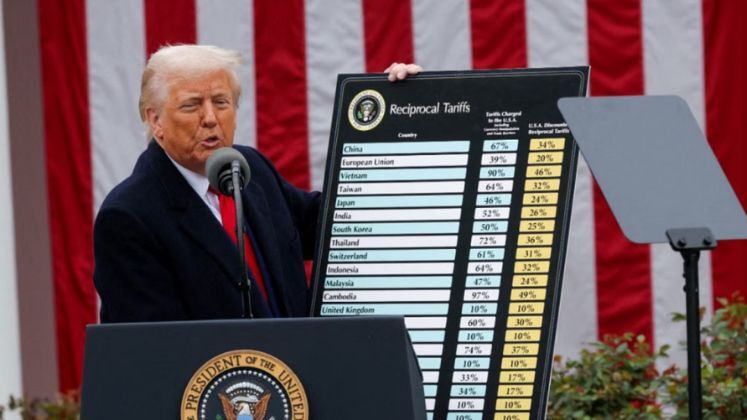
The United States and Bangladesh are scheduled to hold the final round of tariff negotiations on 29th July, according to Commerce Secretary Mahbubur Rahman. The USTR, the US government’s primary trade negotiation body, extended the invitation to Bangladesh, which had initially proposed resuming talks on 26th July at the USTR office in Washington D.C.
Bangladesh’s delegation, led by Commerce Adviser Sk Bashir Uddin, is expected to travel to the US on 27th July if the negotiations are conducted in person. There is also a possibility that the talks will be held virtually. While some private sector exporters may join the Bangladeshi team, they will not participate directly in the negotiations, which will be conducted between government representatives.
The Bangladeshi government remains hopeful that the US will reduce tariffs for Bangladesh, similar to recent reductions granted to other countries. For instance, tariffs have been lowered to 15% for Japan, 19% for Indonesia, 20% for Vietnam, and 19% for the Philippines. Bangladesh has already made offers, including zero-duty imports of US commodities such as cotton, wheat, liquefied natural gas, and aircraft, and is engaged in negotiations to purchase 14 Boeing aircraft.
In the draft agreement, Bangladesh has shown willingness to accept many of the US proposals to facilitate smoother trade relations. The trade environment is also being influenced by efforts from the private sector, which has attempted to hire a lobbying firm in the US to advocate for Bangladesh’s interests, though progress has been limited due to time constraints and uncertainties surrounding the initiative.
Industry leaders and policymakers acknowledge the potential impact of tariffs on Bangladesh’s exports, especially in the garment sector. With apparel exports worth US $ 8.2 billion last year, a 35% tariff could pose significant challenges, risking loss of market share and orders in the US market. The Bangladesh Garment Manufacturers and Exporters Association (BGMEA) reports that 1,322 garment factories are directly involved in US exports.
While some exporters have pushed for hiring a lobbying firm to influence US policy, the government has indicated that such efforts may have limited impact on the negotiations. An inter-ministerial meeting held on 20th July discussed strategies to reduce import duties on American goods, aiming to encourage the US administration to offer Bangladesh more favorable tariff rates.
Despite these efforts, the outcome of the upcoming negotiations remains uncertain. The Bangladeshi government continues to work on structural reforms and trade strategies to secure better terms, hoping to prevent the 35% tariff from taking effect and safeguarding its vital export sectors.






